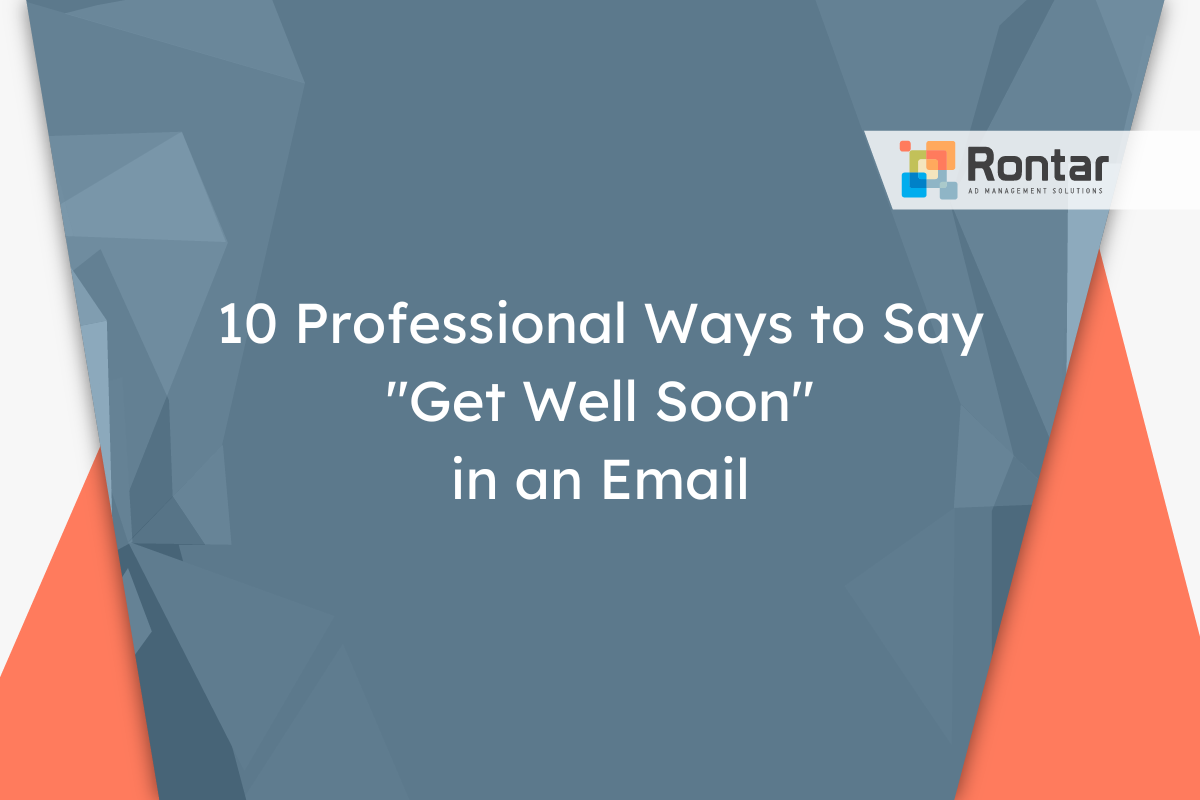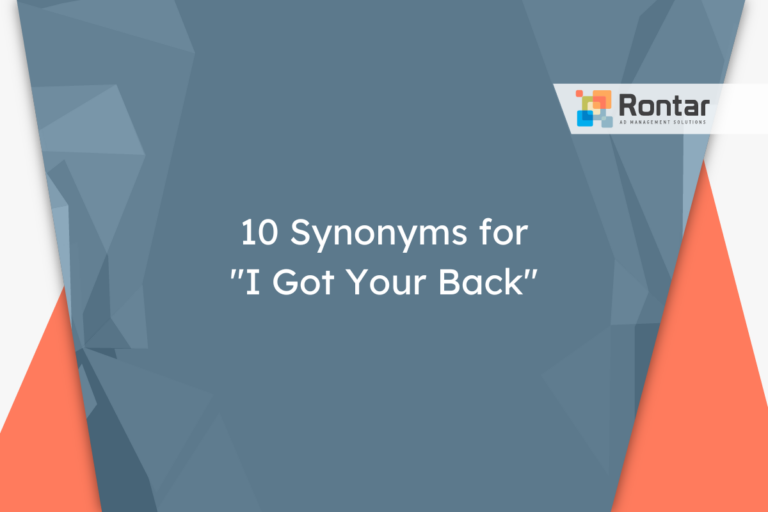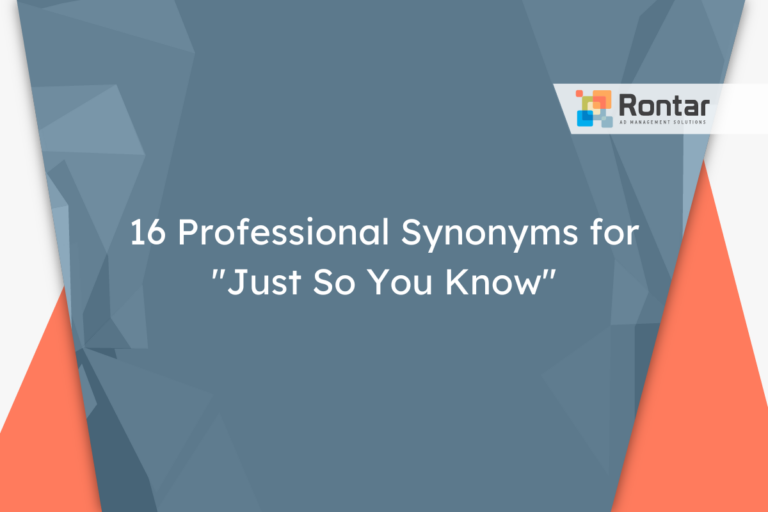10 Professional Ways to Say “Get Well Soon” in an Email

When someone is feeling unwell, it’s common to want to wish them a speedy recovery. But finding the right words can be tricky, especially in a professional setting.
This article lists 10 different ways to say “get well soon” in an email, offering options for various levels of formality and personal connection. Each alternative comes with explanations and email examples to help you communicate your well-wishes effectively.
Is It Professional to Say “Get Well Soon”?
Saying “get well soon” can be seen as both professional and polite, but it’s often considered informal. This phrase works well in emails or messages to colleagues, employees, or clients you have a friendly relationship with. It’s best used in situations where showing personal concern is appropriate, but keeping a light and supportive tone is also important.
Email example:
Hello Alex, I heard you're recovering from the flu. Please take all the time you need to rest and get back to full health. We miss your presence in the team and look forward to having you back. Get well soon! Warm regards, Maria
Pros:
- Shows personal concern and warmth.
- Keeps the tone light and supportive.
- Widely recognized and understood.
Cons:
- May feel too informal for very formal relationships.
- Can seem generic or insincere if overused.
- Not suitable for very serious health situations.
Someone might want to use an alternative phrase to “get well soon” if they’re looking for something that feels more formal or tailored to the situation. Alternatives might also be sought to convey a deeper level of empathy or concern, especially in cases of serious illness.
10 Other Ways to Say “Get Well Soon” in an Email
Looking for different ways to express your wishes for someone’s quick recovery? Here are ten alternatives to “get well soon” that can be used in emails:
- Wishing you a speedy recovery
- Best wishes for your recovery
- Wishing you a quick return to health
- Hope you feel better soon
- Feel better soon
- Looking forward to your return
- Wishing you well
- Hope to see you back to your best self quickly
- Looking forward to seeing you well again
- Sending you positive vibes for a fast recovery
1. Wishing you a speedy recovery
This alternative is a bit more formal and professional than the original phrase. It conveys a sincere wish for quick healing without being overly casual. This makes it suitable for use in professional settings or when the relationship with the recipient is not deeply personal but still friendly.
This phrase is best used in emails to colleagues or professional contacts who are recuperating. It’s appropriate for a business environment and can be used in both internal and external communications. The politeness and formality level make it versatile for various recipients and situations.
Here’s a short example:
Dear Mr. Thompson, I was sorry to hear about your recent surgery. Wishing you a speedy recovery and looking forward to your guidance once you're back. Best, Emily
2. Best wishes for your recovery
This synonym of “get well soon” leans towards a formal and polite tone. It is slightly more personal than the first alternative, making it a good choice for when you want to convey warmth and personal concern without crossing the boundary into informality.
It’s well-suited for emails to colleagues, clients, or any professional contact. Because of its polite and somewhat formal tone, it fits a wide range of situations, from mild illnesses to more serious health concerns. This phrase is versatile across different mediums, including letters and emails.
Email example:
Dear Ms. Patel, Hearing about your illness has us all hoping for your full and rapid recovery. Best wishes for your recovery. Sincerely, Jordan
3. Wishing you a quick return to health
This phrase is polite and carries a formal tone, making it an excellent alternative for professional environments. It directly addresses the recipient’s health, emphasizing a desire for their swift recovery. This option is particularly suitable for someone who has been absent due to health issues.
It’s a great choice for emails to coworkers or associates on medical leave. This alternative is appropriate for formal communication channels and is considerate for recipients with both minor and serious health issues.
Example:
Hello Team, As you may know, Laura is currently recovering from an illness. We all hope for her quick recovery. Wishing you a quick return to health, Laura. Best, The Team
4. Hope you feel better soon
This phrase is a bit more informal and friendly than some of the others, making it perfect for someone you have a closer relationship with. It’s still professional enough to be used in a workplace setting but carries a warm, personal touch.
This phrase is well-suited for emails to colleagues you know well, friends at work, or team members. It’s best used in less formal communication mediums, like emails or messages, and is especially fitting for minor illnesses.
Example:
Hi Sam, Just heard you're out sick today. Hope you feel better soon and let me know if you need anything. Cheers, Megan
5. Feel better soon
This alternative is very similar to “hope you feel better soon” but is slightly more informal. It’s direct and conveys a sincere wish for the recipient’s speedy recovery. This makes it ideal for close working relationships or when a personal touch is desired.
It’s perfect for sending to colleagues or team members you interact with regularly. Due to its informal nature, it’s most appropriate for email or text messages rather than more formal letters.
Example:
Hey Lisa, Heard about your accident. Feel better soon! Best, Tom
6. Looking forward to your return
This phrase is more formal and focuses on the future contribution of the recipient, rather than directly on their current health. It’s particularly suitable in a professional context, expressing both a wish for the recipient’s recovery and their value to the team or organization.
This alternative is best used in emails to employees or colleagues who are on medical leave, especially when their contribution is greatly missed. It’s appropriate for formal and semi-formal communications, reflecting both anticipation of their return and a wish for their recovery.
Sample email:
Hello Carol, Your absence is deeply felt here at the office. Looking forward to your return. Warmly, The Management Team
7. Wishing you well
This option is broad and versatile, fitting a range of situations with a polite and neutral tone. It’s less directly focused on illness or recovery, making it a good choice for when you want to offer general well-wishes without making assumptions about someone’s health.
Appropriate for both professional and personal messages, this phrase can be used with colleagues, clients, or any professional contact. It’s suitable for emails, letters, and even formal notes.
Email example:
Hello Franklin, I understand you're going through a challenging time right now. Wishing you well. Regards, Diane
8. Hope to see you back to your best self quickly
This phrase is informal and personal, showing a deep level of concern and care for the recipient. It’s especially suitable for someone you know well and have a close relationship with within a professional setting. The phrase focuses on a quick recovery and the desire to see the person return not just to work, but to their usual self.
This alternative is best used in emails or messages to colleagues or team members you are close to. It’s great for situations where you want to express a sincere, personal wish for their recovery, emphasizing their importance to you and the team. This phrase fits well in internal email communications or direct messages.
Here’s an example:
Hi Brenda, Hearing about your recent health challenges has us all concerned. Hope to see you back to your best self quickly. Take care, Alex
9. Looking forward to seeing you well again
This alternative is formal yet carries a personal touch. It’s a respectful way to express your wishes for someone’s recovery, making it suitable for both professional and slightly more personal relationships. The phrase indicates anticipation for the person’s return, not just to work but to a state of good health.
It’s a good choice for emails to colleagues, especially those who have been away due to health issues for some time. This phrase can also be used in communications with clients or partners you have developed a rapport with. It fits well in both emails and formal letters.
Example:
Hello Martin, Your health and well-being are important to all of us here. Looking forward to seeing you well again. Sincerely, The Team
10. Sending you positive vibes for a fast recovery
This phrase is the most informal of the alternatives, featuring a friendly and supportive tone. It’s best suited for recipients with whom you share a close relationship or a casual work environment. The mention of “positive vibes” adds a modern, somewhat casual touch, which may not be appropriate for all audiences but is perfect for showing personal support in a less traditional manner.
Great for emails or messages to close colleagues, friends at work, or team members in a creative or informal setting. This alternative is particularly fitting for communication through email, social media messages, or even as a note in a get-well card.
Example:
Hey Jordan, So sorry to hear you're feeling under the weather. Sending you positive vibes for a fast recovery. All the best, Sophie
Final Thoughts
Choosing the right words to wish someone a speedy recovery shows you care. This article provided ten alternatives to the classic “get well soon” for various professional situations. By selecting an appropriate phrase, you can convey your message in a way that matches your relationship with the recipient and the formality of the situation. Whether you opt for something formal or more personal, your well-wishes can make a difference to someone who is not feeling their best.






